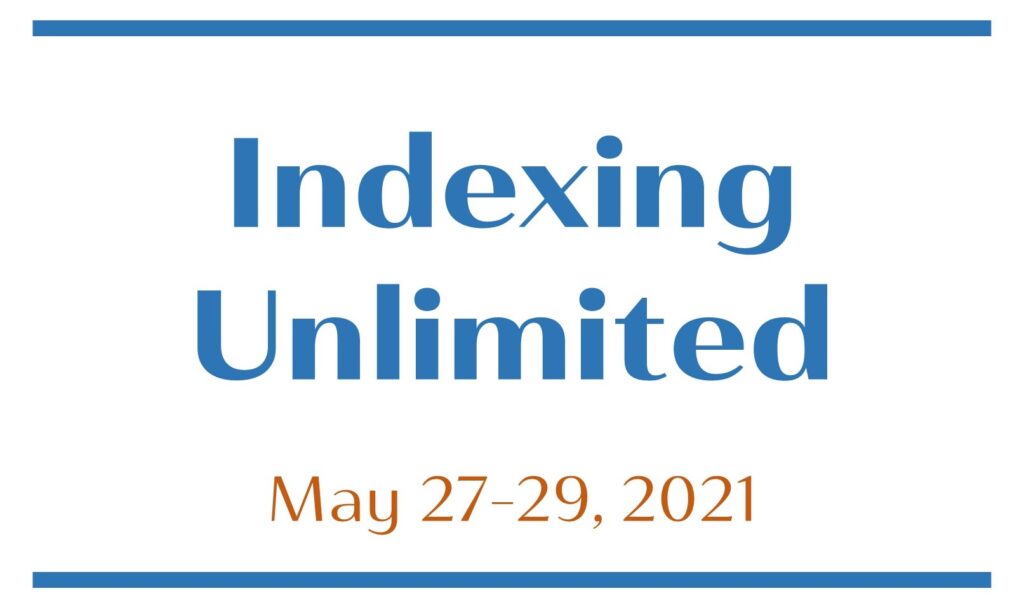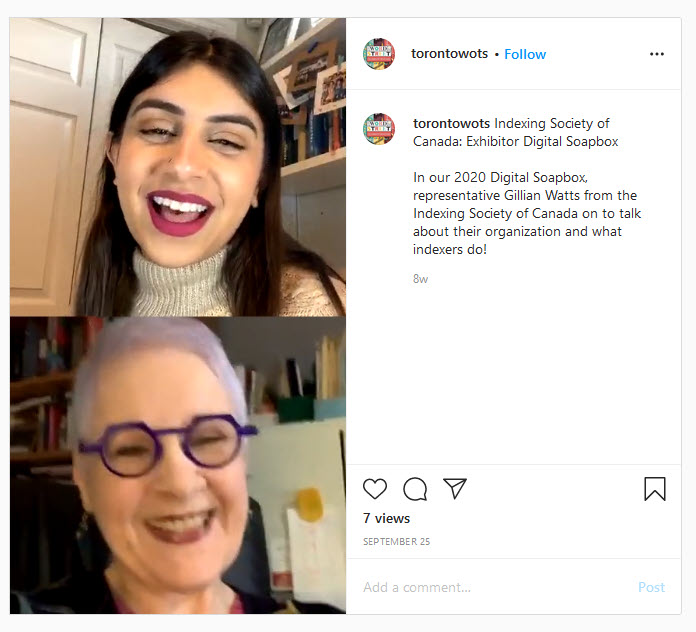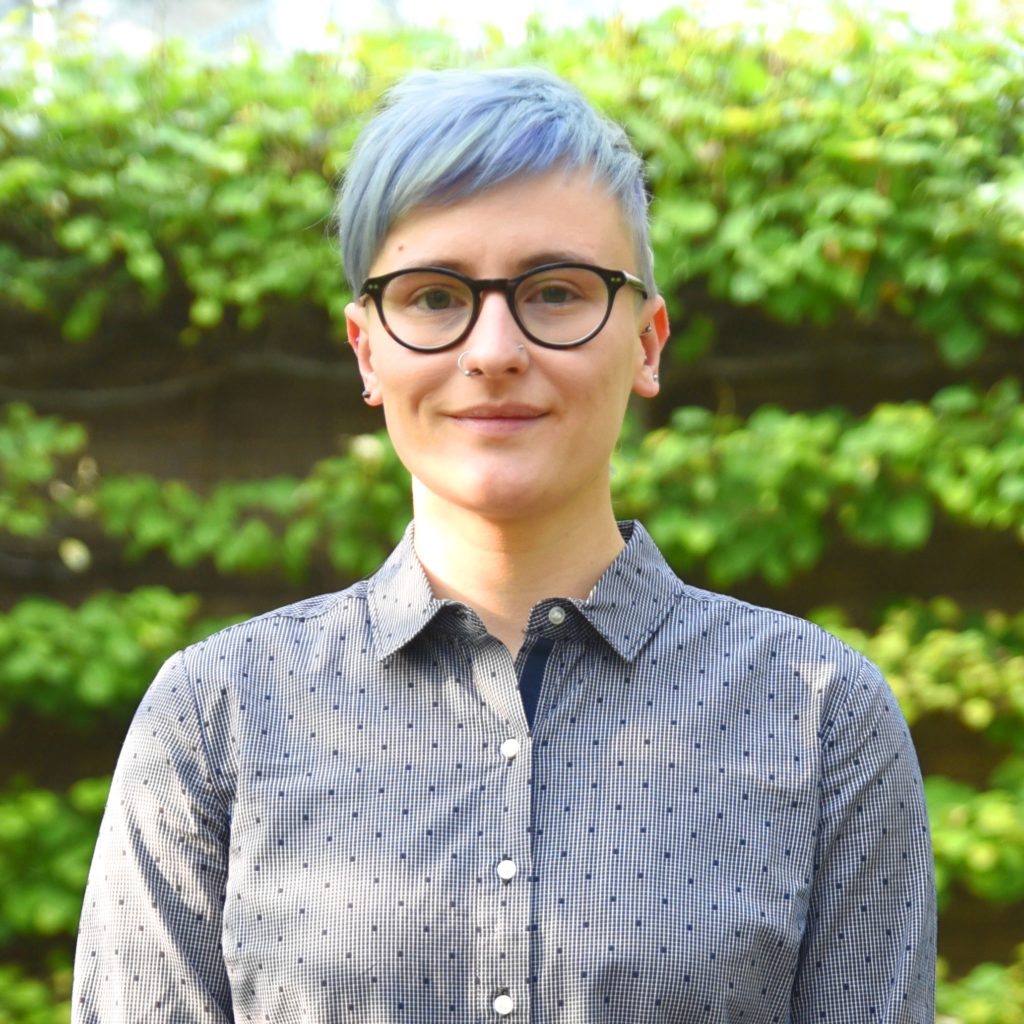The Indexing Society of Canada / Société canadienne d’indexation (ISC/SCI) is Canada’s national association of indexers.
We invite you to find an indexer for your project, read our publications, discover our conferences, events, and resources for indexers, find out about membership, and learn about the Society.
Find an indexer
Find an indexer who works in the subject area of your project.
Find resources
Find information about indexes, indexing practices, and training in indexing.
Attend an event
Attend a local meeting of indexers or attend the annual conference.
Become a member
Join the Society and enjoy the benefits of membership.
Featured Post
What practices will help me with good index term selection?
Save the Date for the ISC Virtual Conference May 27- 29, 2021
Indexing Society of Canada
The ISC/SCI is thrilled to announce that our next annual conference is taking place from the comfort of your home from May 27 to 29, 2021. The theme is “Indexing Unlimited”.
The conference sessions will cover a variety of topics to help you improve your indexing practice and make your business thrive.

One new feature is designed especially for new indexers. The online Fireside Chat will give you the opportunity to talk in a group setting with an experienced indexer on your transition from student to practicing indexer.
Of course, networking has always been an important component of the annual conference. The Conference Committee wants you to know that this year will be no different. Plans are in the works for activities that will help you meet new friends and catch with up with old ones.
Conference registration opens soon. Visit the conference page for details.
New Monthly Chat Schedule
Indexing Society of Canada
The members’ nation-wide monthly video chats have a new schedule. We will be meeting on EITHER the second Saturday of the month OR the second Wednesday of the month in the evening (ish).
Here’s the schedule for the next three months:
Wednesday, February 10, 2021, 6pm Eastern
Saturday, March 13, 2021, 1pm Eastern
Wednesday, April 14, 2021, 6 pm Eastern
We are changing up the timing of the chats in order to allow people with busy Saturdays to attend.
Watch the calendar for exact dates of future events. Learn more about the monthly chats.
Hope to see you there!
2020 Word on the Street (WOTS) Toronto
Indexing Society of Canada

ISC Member Gillian Watts was interviewed on the Instagram Digital Soapbox at the Word on the Street (Toronto) virtual event in September.
ISC/SCI member wins the Purple Pen award
Indexing Society of Canada
The Institute of Certified Indexers has announced that Jess Klaassen-Wright has won the 2020 Purple Pen Competition. Jess’s index appears in the book Deep Knowledge: Ways of Knowing in Sufism and Ifa, Two West African Intellectual Traditions by Oludamini Ogunnaike (to be published in October 2020 by Pennsylvania State University Press).
Jess created an index for this 450-page book which deals with interdisciplinary practice combining the fields of religion and philosophy, a most challenging text for a newer indexer. The judges noted Jess’s work for its attention to detail in a book with many non-English terms and diacritics, and for the web of connections she built through many helpful cross-references, especially linking the foreign phrases to their English synonyms.

In response to the news of Jess’s award, the author, Oludamini Ogunnaike, wrote: “Jess was amazing. While doing the indexing, she caught several typos and mistakes in the text that the copyeditor and I had missed, and did a remarkable job tracing the arguments and concepts across the book, which is quite long and complicated—involving terms in Arabic, Yoruba, French, and English, and multiple conceptual traditions. Her index has made the book much easier to navigate and provided a sympathetic and insightful guide for readers. I was particularly impressed by the way she tracked distinct, but related concepts across the different traditions discussed, and represented both these distinctions and relations in the index. Ms. Klaasen-Wright was also incredibly professional and worked remarkably swiftly and carefully, I cannot recommend her work highly enough.”
With her undergraduate degree from the University of Saskatchewan (major in English and minors in Spanish and psychology), Jess completed her indexing training at Simon Fraser University and then participated in the Mary Newberry Mentorship Program of the Indexing Society of Canada / Société canadienne d’indexation (ISC/SCI). In particular, Jess has appreciated the guidance of such well-known indexers as Noeline Bridge and Audrey McClelland.
Jess completed her first index in 2019 for a scholarly monograph on the history of magic in Elizabethan England. Since then, she has indexed books in local and oral history, biography, Black feminism and feminist theory, English literature, biblical studies, international relations, and agrarian politics and economics. In addition to indexing, she works as a freelance copy editor and proofreader. An active member of the ISC/SCI, she serves on the Society’s Inclusion, Diversity, and Equity Committee (TIDE).
This is the seventh year that the international contest has been held by ICI, and the fifth time that a Canadian indexer has won the prize. For a list of previous winners, please see certifiedindexers.com.
2020 Diversity in Canadian Publishing Bursary Award: Sandra Muchekeza
Indexing Society of Canada
August 31, 2020, Toronto: The Indexing Society of Canada / Société canadienne d’indexation (ISC/SCI) is pleased to announce that Sandra Muchekeza is the 2020 ISC/SCI Diversity in Canadian Publishing Bursary Award recipient. The selection committee received ten applications, from which four applicants were shortlisted.
Sandra Muchekeza was born and raised in Kenya before moving to Australia for her Bachelor studies in Psychology. After completing her studies, she joined her family in Toronto, Canada where she started a career in Project Management in the not for profit sector. Over time, Sandra developed a keen interest in Diversity, Equality and Inclusion and works hard to ensure the voices of the marginalized are heard.
Sandra is currently the Executive Director at the Council of Canadians of African and Caribbean Heritage (CCACH) based in Edmonton, Alberta. CCACH supports activities that enhance the social, economic and educational life of African and Caribbean heritage communities in Edmonton. Passionate about the rights of women in every aspect of their lives, Sandra sits on the Board of YWCA Edmonton an organization that fights for the right to equal economic opportunities for women and girls and works towards ending gender-based violence.

Sandra loves the world of books so it is hardly a surprise that she and her sister founded a children’s books publishing company called Asili Kids. The company produces and distributes books which have content and characters that children of African heritage can identify with and introduces children from all over the world to African stories.
Married with two young boys Sandra loves spending quality time with her family, dabbling with photography, trying out new food recipes and of course, reading.
About the award
Since 2014, when the hashtag #weneeddiversebooks appeared, the Canadian publishing industry has slowly been waking up to both the lack of diverse voices and the demand for them. With this bursary, ISC/SCI aims to help achieve equality of opportunity for aspiring indexers belonging to underrepresented and/or marginalized groups. The bursary covers fees for an approved indexing program, two years of ISC membership with listing, and entry into the Mary Newberry Mentorship program.
